What is Dialectical Behavioral Therapy?
Dialectical Behavioral Therapy focuses on using contrasting ideas to truly recognize and identify an issue. For addiction specifically, DBT helps patients understand the social and emotional reasons behind their substance abuse issues, then to tie it in with positive coping mechanisms for these problems. By replacing negative emotions and behaviors with positive ones, DBT aims to reduce relapse rate and to sustain sobriety.
How does Dialectical Behavioral Therapy Work?
There are four primary components to DBT: individual therapy, group sessions, coaching and remote coaching. In addition to these key components, DBT also integrates mindfulness, distress tolerance, interpersonal effectiveness and emotional regulation.
Individual Therapy consists of short but recurring one-on-one therapy sessions for patients to interact with a therapist, learn about their initial emotional responses, identify self-destructive behaviors, and work to identify where and why they have these responses.
Group Sessions are slightly longer sessions with others who share similar harmful behaviors. In a class environment, patients learn coping mechanisms and positive corrective skills together. An added benefit of group sessions is the support system, as patients with similar issues come together and support one another throughout the recovery process.
Coaching allows patients to receive support and coaching throughout the recovery journey. Coaching differs from individual therapy as patients typically meet and interact with other therapists too.
Remote Coaching enables patients to call their therapist at any time. When the patient is experiencing emotional distress or cravings, remote coaching is helpful in preventing substance abuse or relapsing at that very moment, and for patients to practice their new coping mechanisms in a real situation.
DBT for Dual Diagnosis
Since dialectical behavioral therapy focuses on uncovering the underlying issues of addiction, it is especially useful for patients with cooccurring disorders, as these disorders tend to stem from the same underlying reason as addiction.
DBT typically consists of a more intense treatment schedule, combined with individual therapy, group training and strong counseling Therapists start by identifying the life threatening issues, such as potential overdose and suicide, then interfere with behaviors like aggression and depression. When the key reasons, emotions and behaviors are identified, the patient and therapist work together to improve patient’s quality of life in the long-run. With more support, follow-up and personalization, DBT is considered to be more effective than Cognitive Behavioral Therapy (CBT) for patients with cooccurring disorders.
Dialectical Behavioral Therapy in Fayetteville, TN
Resurgence Tennessee is the leading provider of Dialectical Behavioral Therapy (DBT) for addiction in the state of Tennessee. Resurgence truly believes the right treatment program is the key for anyone to address and overcome their addiction. Resurgence offers a variety of 1-on-1, customizable programs to help each patient find and learn their way of dealing with everyday problems without the use of substances.

